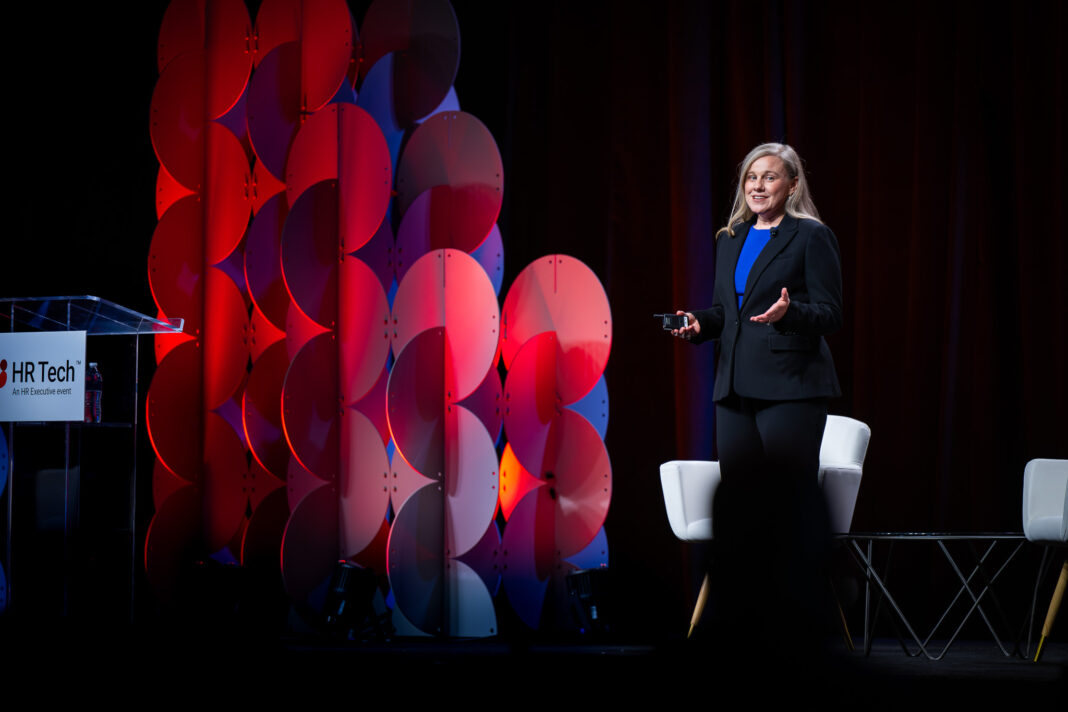Malaysia launches National AI Office to propel digital economy
- Josephine Tan
- Topics: Digital Transformation, Home Page - News, Malaysia, News

Malaysia has unveiled the National AI Office (NAIO), marking a significant step in its journey towards becoming a high-income nation through digital transformation. The new initiative is set to streamline efforts in enhancing the country’s digital ecosystem, a move projected to have a substantial economic impact.
Speaking at the launch, Prime Minister Datuk Seri Anwar Ibrahim emphasised the critical role of digitalization in driving Malaysia’s economy. He highlighted the potential of the digital economy to contribute 23% to Malaysia’s GDP by 2024, with an ambitious target of RM120 billion (US$27 billion) by 2030.
“If we maintain this pace of technological advancement, the digital economy may even contribute 25.5% of the country’s GDP,” Anwar said.
The Prime Minister underscored that NAIO’s establishment is a response to the challenges in digital literacy, not just within government and political circles but also in education. He added that the initiative aims to revolutionise education for millions of children and coordinate efforts in AI research and implementation.
The launch of NAIO reflects Malaysia’s policies and strategic focus on fostering innovation in collaboration with global players. Anwar highlighted the country’s track record of attracting substantial investments from the US, China, and Europe in the IT sector, bolstered by Malaysia’s position as one of the first nations to establish a dedicated digital ministry.
READ MORE: How organisations can keep their best talent from leaving Malaysia
The development of AI in Malaysia requires participation from all sectors—public, private, and the general public—to create a systemic and inclusive transformation, he said, as he urged stakeholders to embrace a “paradigm shift” that transcends traditional bureaucratic approaches and adapts to evolving industry demands.
In line with the Madani framework, the Prime Minister called for values such as sustainability, integrity, and equitable wealth sharing to be integral to the digital transition. Addressing the digital divide is also a priority, as outlined in the Malaysia Digital Economy Blueprint.
The NAIO will collaborate with various ministries, including Investment, Trade and Industry (MITI); Transport; Education; and Health; to ensure digital transformation is holistic. Anwar emphasised the role of the Higher Education and Human Resources Ministries in equipping the workforce with essential AI skills, noting the importance of mitigating potential job losses through targeted upskilling initiatives, reported New Straits Times.






